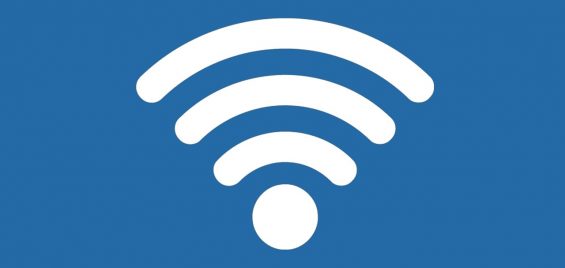If you have been following the news this week, you may have seen mention of the ‘KRACK’ vulnerability that has come to light.
In short, KRACK can allow attackers to intercept a good portion of what you’re doing online over Wi-Fi, even if your wireless network is protected using the WPA and WPA2 protocols (which are perhaps the most common).
KRACK can intercept traffic from wireless access points to computers, tablets, and mobile phones, so the liklihood you have a device that’s impacted is pretty high.
What can you do to protect yourself?
Update every device you can. If a firmware update is available for your wireless access point, install it (refer to your user guide for instructions). Additionally, the vulnerabilty can be fixed on the client side — meaning that updating your internet devices will do the trick.
Microsoft has said that they have already released an update to customers running supported versions of Windows.
“Customers who apply the update, or have automatic updates enabled, will be protected. We continue to encourage customers to turn on automatic updates to help ensure they are protected,” the company wrote to tech blog, The Verge.
Apple users aren’t out of the woods just yet. While the company has patched the vulnerabilty on a beta version of their software, it will perhaps be a few weeks before updates are available to the general public.
If you are extremely concerned about this and updates aren’t yet available, you can help yourself using Wi-Fi by plugging directly to your router with an Ethernet cable. Additionally, make sure when transmitting sensitive informaiton that you’re connected to a secure website with ‘HTTPS’ in the address bar. This will ensure your communications are encrypted between your device and the remote server.
Additional tips we can offer: use cellular where available (do note that if you have a limited data plan from your cellular provider, this will increase usage) or use a VPN. Some VPN providers can be dodgy, so you’ll want to make sure you do some due dilligence before going that route.
For more information on KRACK, read more here on the official research page.

